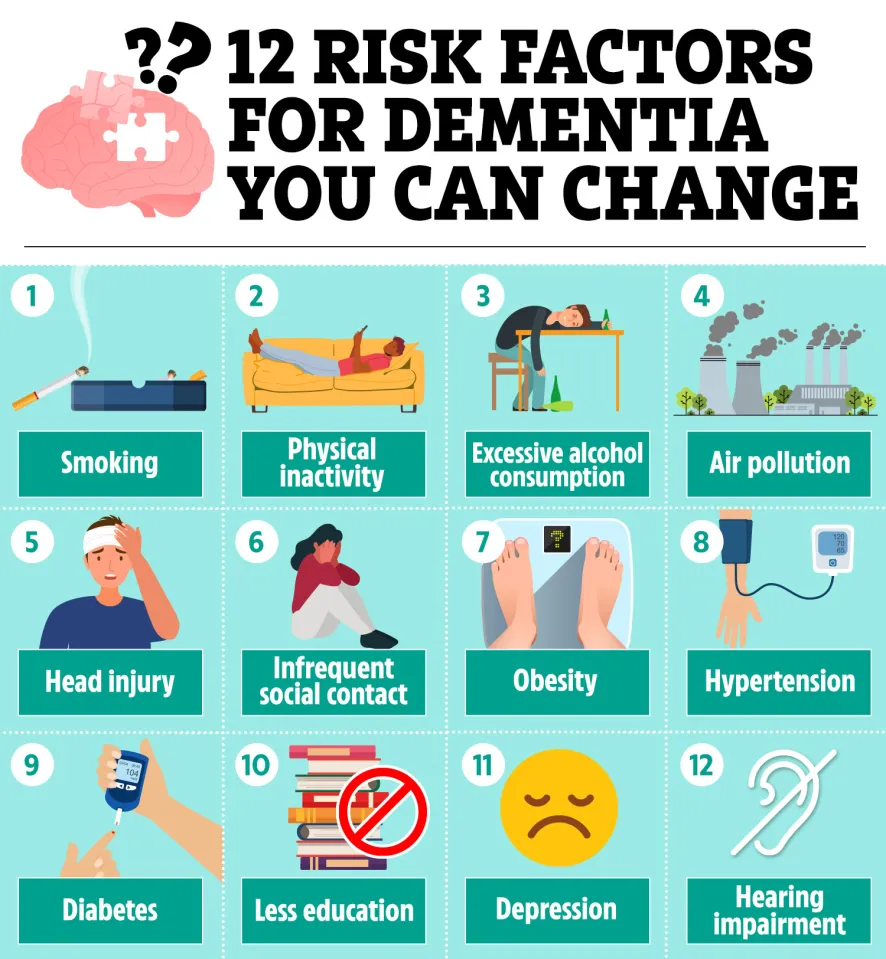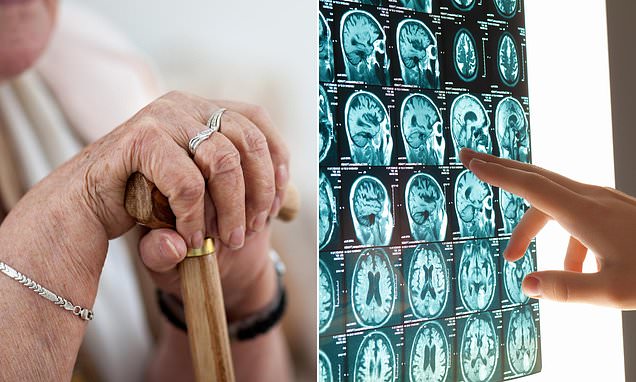As we age, there’s one health worry that tops the list – even above cancer or losing mobility. For over 50% of Australians, the fear of developing dementia is a constant concern.
According to a recent survey, this fear is more pronounced among older Australians and women.
What’s Behind the Fear?
The survey found that two in five people fear having a heart attack or losing their independence, while 47% said they feared a loss of movement.
But what’s driving this fear of dementia? For starters, it’s an umbrella term that refers to a wide range of illnesses characterised by memory loss and deteriorating bodily function.

With an estimated 433,000 Aussies currently living with the illness, it’s no wonder that dementia is fast becoming Australia’s major public health dilemma.
The Four Factors That Can Help Ward Off Dementia
According to Professor Michael Woodward, a leading geriatric medicine specialist, there are four key factors that can help reduce the risk of developing dementia:
- Exercise for at least 200 minutes a week
- Follow a Mediterranean diet
- Maintain active social networks
- Exercise your brain for at least 30 minutes a day
Early Warning Signs You Should Know
So, how do you know if you or a loved one is at risk? Professor Woodward says to look out for these early signs:
- Forgetting things easily
- Regularly misplacing objects
- Repeating yourself
- Mood and behavior changes
The Alarming Statistics
Dementia is projected to soon be the leading cause of death among Australians, and it’s already the leading cause of death for Australian women.
By 2054, the number of people living with dementia is expected to almost double to about 812,500 without significant intervention.
More than half of permanent aged care residents have already been diagnosed with dementia.
Breaking the Silence
Dementia Australia is calling for critical investment from the Federal Government to support a national conversation on brain health and to provide more targeted and effective supports for people impacted by dementia.
It’s time to start treating our brain with the same respect as we do our heart, says Professor Woodward.
The Rise of Early-Onset Dementia
While dementia is most commonly seen in those aged over 65, almost 10% of cases involve those aged under 65.
Early-onset dementia currently affects 29,000 Australians, with that number expected to rise by more than 41% by 2054. It’s time to take action and prioritize our brain health to reduce the risk of dementia.

